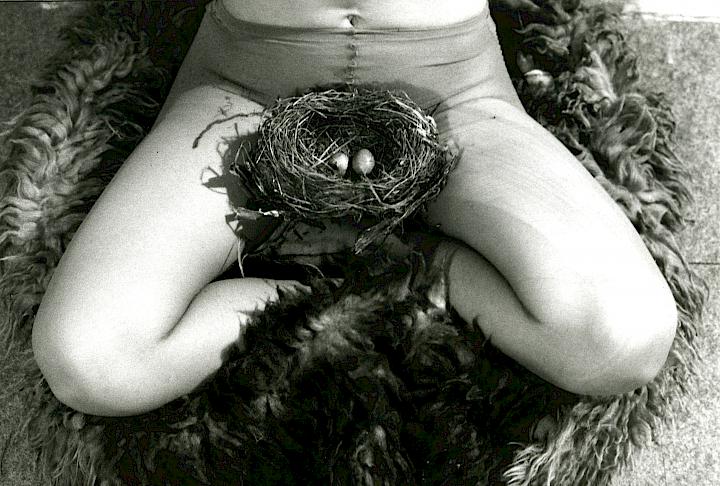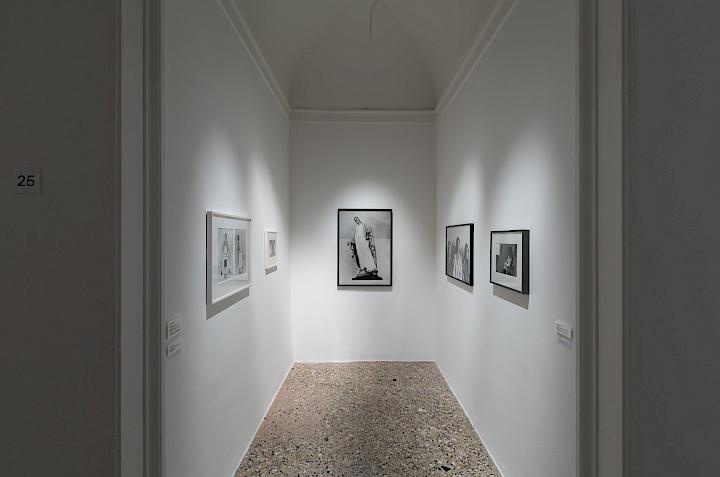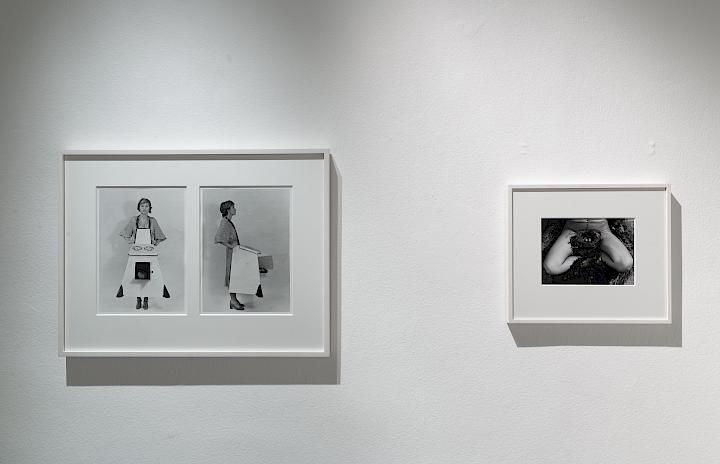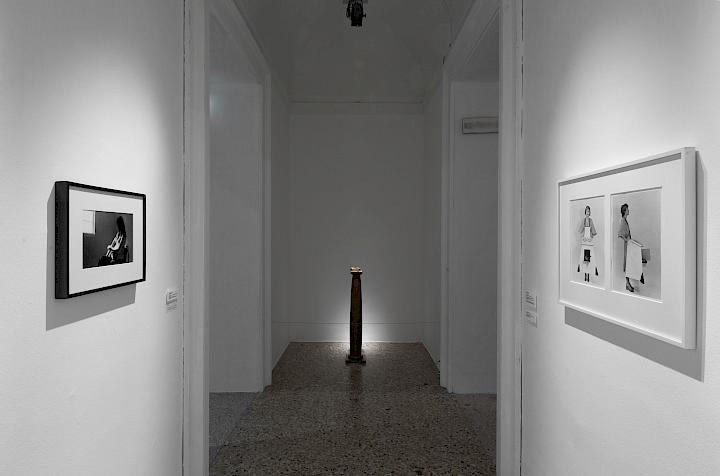26.08.15 bis 15.11.15
The exhibition The Great Mother analyzes the iconography of motherhood in the 20th century through over 400 works by 139 artists, writers, and film directors alongside historical documents and artifacts from 1900 to the present.
From the Venuses of the Stone Age to the bad girls of the post-feminist era, through centuries of religious depictions of maternity scenes, the histories of art and culture have often centered on the figure of the mother, adopting it at times as a symbol of creativity and a metaphor for art itself. Throughout the 20th century, and in the history of modern and contemporary art in particular, motherhood appears to be constantly under attack: women’s bodies are often turned into battlegrounds onto which violent struggles are fought to establish new boundaries between genders and sexual roles.
The influence of psychoanalysis, the impact of avant-garde art, the acceleration of modernity and technology, the politics of totalitarian regimes, and the accomplishments of the feminist movements, among other social phenomena, each radically transformed the experience of maternity and the definition of family in the 20th century, deeply affecting relationships between genders and between individuals and societies. Paradoxically, any discourse about motherhood in the 20th century tends to imply the authority of fathers, nations, and religions. Analyzing representations of motherhood also implies asking who has the right to make decisions regarding bodies and who has the right to represent them through images. mehr
The Great Mother can be described as an exhibition about women and power: not just the life-giving power of mothers, but, more broadly, the power denied to women and the power won by women over the course of the 20th century. In undertaking an analysis of the iconography of motherhood through its icons, myths, and clichés, the exhibition also traces a history of women’s empowerment, chronicling a century of clashes between tradition and emancipation while capturing the transformations of sexualities and genders and the shifts in the perception and representation of bodies and desires.
Conceived as a temporary museum, the exhibition blends art history and visual culture to reconstruct a transversal history of the 20th century. Like a vast family album, the exhibition brings together a collection of images and portraits that recounts the existential adventures of a varied cast of characters whose personal biographies intertwine with the writing of official history. An unusual image of motherhood emerges from many works in the exhibition, removed from tired stereotypes: a darker, almost lunar side of maternity, situated in a realm in which opposite feelings of affection and rejection are combined. It is through this variety of perspectives that The Great Mother composes an image of the mother that is perhaps less comforting and far more complex and powerful, depicting a figure onto which Western society as a whole has projected individual and collective desires, anxieties, and aspirations for over a century.
Curated by Massimiliano Gioni



